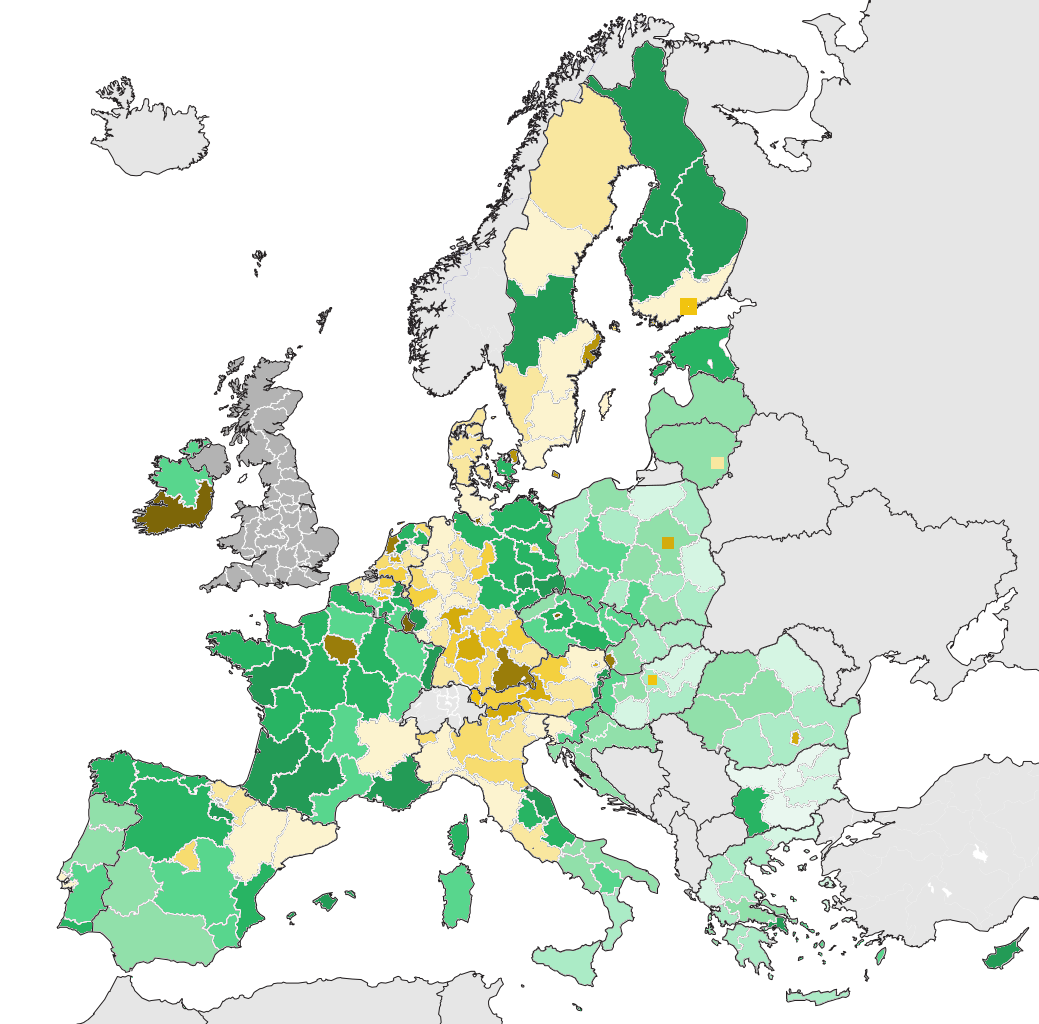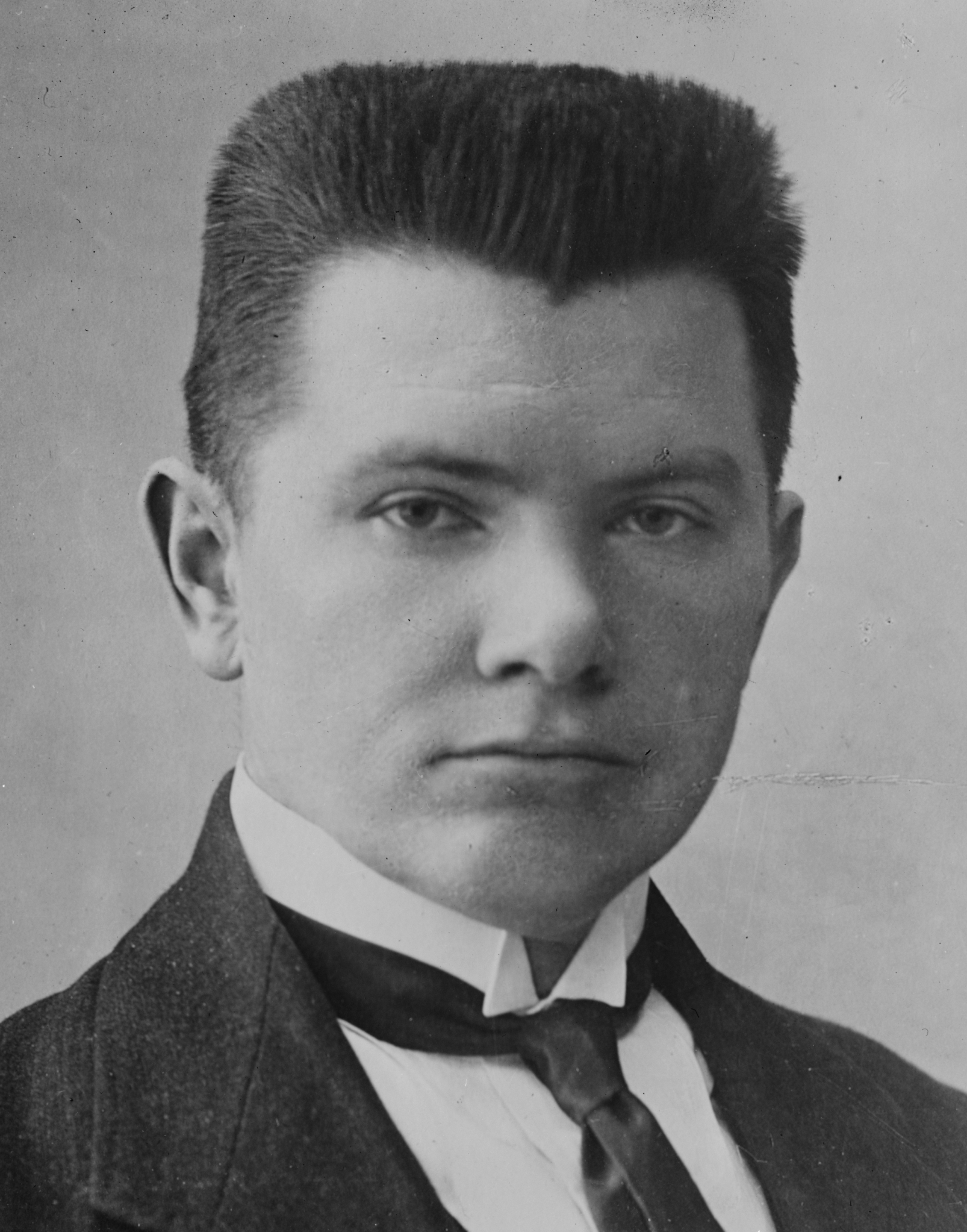|
Department Of Statistics Of Lithuania
The State Data Agency of Lithuania ( lt, Valstybinė duomenų agentūra), known as the ''Department of Statistics of Lithuania'' ( lt, Lietuvos statistikos departamentas), officially the ''Department of Statistics to the Government of the Republic of Lithuania'', until 2023, is an institution in Lithuania which is responsible for collecting, processing, presenting and analysing statistics concerning the topics economy, society and environment, and governance regarding the state data. It is subordinate directly to the Government of Lithuania. Being a memember of the European Statistical System, the agency also supplies data to Eurostat. A Director General, appointed by the Prime Minister, oversees its operations. Several commissions and working groups analyze its operations and suggest improvements. An advisory body, the Statistical Council, consists of representatives from the governmental bodies, NGOs, researchers, the media, and other interested parties; the council's make ... [...More Info...] [...Related Items...] OR: [Wikipedia] [Google] [Baidu] |
Vilnius
Vilnius ( , ; see also other names) is the capital and largest city of Lithuania, with a population of 592,389 (according to the state register) or 625,107 (according to the municipality of Vilnius). The population of Vilnius's functional urban area, which stretches beyond the city limits, is estimated at 718,507 (as of 2020), while according to the Vilnius territorial health insurance fund, there were 753,875 permanent inhabitants as of November 2022 in Vilnius city and Vilnius district municipalities combined. Vilnius is situated in southeastern Lithuania and is the second-largest city in the Baltic states, but according to the Bank of Latvia is expected to become the largest before 2025. It is the seat of Lithuania's national government and the Vilnius District Municipality. Vilnius is known for the architecture in its Old Town, declared a UNESCO World Heritage Site in 1994. The city was noted for its multicultural population already in the time of the Polish–Lithuanian ... [...More Info...] [...Related Items...] OR: [Wikipedia] [Google] [Baidu] |
Lithuania
Lithuania (; lt, Lietuva ), officially the Republic of Lithuania ( lt, Lietuvos Respublika, links=no ), is a country in the Baltic region of Europe. It is one of three Baltic states and lies on the eastern shore of the Baltic Sea. Lithuania shares land borders with Latvia to the north, Belarus to the east and south, Poland to the south, and Russia to the southwest. It has a Maritime boundary, maritime border with Sweden to the west on the Baltic Sea. Lithuania covers an area of , with a population of 2.8 million. Its capital and largest city is Vilnius; other major cities are Kaunas and Klaipėda. Lithuanians belong to the ethno-linguistic group of the Balts and speak Lithuanian language, Lithuanian, one of only a few living Baltic languages. For millennia the southeastern shores of the Baltic Sea were inhabited by various Balts, Baltic tribes. In the 1230s, Lithuanian lands were united by Mindaugas, Monarchy of Lithuania, becoming king and founding the Kingdom of Lithuania ... [...More Info...] [...Related Items...] OR: [Wikipedia] [Google] [Baidu] |
Government Of Lithuania
The Government of Lithuania ( lt, Lietuvos Vyriausybė), officially the Government of the Republic of Lithuania (''Lietuvos Respublikos Vyriausybė'', abbreviated ''LRV''), is the cabinet of Lithuania, exercising executive power in the country. Among other responsibilities, it executes laws and resolutions of the parliament, the Seimas, and the decrees of the President, manages state property and, together with the president, executes the foreign policy of the country. The Government also has the right of legislative initiative, puts together the state budget and presents it to the Seimas for approval. The Government consists of the prime minister, who is the head of government, and 14 government ministers. The prime minister is appointed by the president, with the assent of the Seimas. The prime minister then forms the rest of the cabinet, with the assent of the president, and the Government and its programme are subject to approval by the Seimas. The current Government st ... [...More Info...] [...Related Items...] OR: [Wikipedia] [Google] [Baidu] |
Statistics
Statistics (from German language, German: ''wikt:Statistik#German, Statistik'', "description of a State (polity), state, a country") is the discipline that concerns the collection, organization, analysis, interpretation, and presentation of data. In applying statistics to a scientific, industrial, or social problem, it is conventional to begin with a statistical population or a statistical model to be studied. Populations can be diverse groups of people or objects such as "all people living in a country" or "every atom composing a crystal". Statistics deals with every aspect of data, including the planning of data collection in terms of the design of statistical survey, surveys and experimental design, experiments.Dodge, Y. (2006) ''The Oxford Dictionary of Statistical Terms'', Oxford University Press. When census data cannot be collected, statisticians collect data by developing specific experiment designs and survey sample (statistics), samples. Representative sampling as ... [...More Info...] [...Related Items...] OR: [Wikipedia] [Google] [Baidu] |
Governance
Governance is the process of interactions through the laws, social norm, norms, power (social and political), power or language of an organized society over a social system (family, tribe, formal organization, formal or informal organization, a territory or across territories). It is done by the government of a state (polity), state, by a market (economics), market, or by a social network, network. It is the decision-making among the actors involved in a collective problem that leads to the creation, reinforcement, or reproduction of social norms and institutions". In lay terms, it could be described as the political processes that exist in and between formal institutions. A variety of entities (known generically as governing bodies) can govern. The most formal is a government, a body whose sole responsibility and authority is to make binding decisions in a given geopolitical system (such as a sovereign state, state) by establishing laws. Other types of governing include an o ... [...More Info...] [...Related Items...] OR: [Wikipedia] [Google] [Baidu] |
European Statistical System
Eurostat ('European Statistical Office'; DG ESTAT) is a Directorate-General of the European Commission located in the Kirchberg quarter of Luxembourg City, Luxembourg. Eurostat's main responsibilities are to provide statistical information to the institutions of the European Union (EU) and to promote the harmonisation of statistical methods across its member states and candidates for accession as well as EFTA countries. The organisations in the different countries that cooperate with Eurostat are summarised under the concept of the European Statistical System. Organisation Eurostat operates pursuant tRegulation (EC) No 223/2009 Since the swearing in of the von der Leyen Commission in December 2019, Eurostat is allocated to the portfolio of the European Commissioner for the Economy, Paolo Gentiloni. The Director-General of Eurostat is Mariana Kotzeva, former Deputy Director-General of Eurostat and President of the National Statistical Institute of Bulgaria. History * 1953 ... [...More Info...] [...Related Items...] OR: [Wikipedia] [Google] [Baidu] |
Eurostat
Eurostat ('European Statistical Office'; DG ESTAT) is a Directorate-General of the European Commission located in the Kirchberg, Luxembourg, Kirchberg quarter of Luxembourg City, Luxembourg. Eurostat's main responsibilities are to provide statistical information to the institutions of the European Union (EU) and to promote the harmonisation of statistical methods across its Member state of the European Union, member states and Enlargement of the European Union, candidates for accession as well as European Free Trade Association, EFTA countries. The organisations in the different countries that cooperate with Eurostat are summarised under the concept of the European Statistical System. Organisation Eurostat operates pursuant tRegulation (EC) No 223/2009 Since the swearing in of the von der Leyen Commission in December 2019, Eurostat is allocated to the portfolio of the European Commissioner for Economic and Financial Affairs, Taxation and Customs, European Commissioner for the Eco ... [...More Info...] [...Related Items...] OR: [Wikipedia] [Google] [Baidu] |
Prime Minister Of Lithuania
The prime minister of Lithuania ( lt, Ministras Pirmininkas; "Minister-Chairman") is the head of the government of Lithuania. The prime minister is Lithuania's head of government and is appointed by the president with the assent of the Lithuanian parliament, the Seimas. The modern office of prime minister was established in 1990, when Lithuania declared its independence, although the official title was "Chairperson of the Council of Ministers" until 25 November 1992. Historically, the title of prime minister was also used between 1918 and 1940. This was during the original Republic of Lithuania, which lasted from the collapse of the Russian Empire until the country's annexation by the Soviet Union. Republic of Lithuania (1918–1940) Following the ultimatum in June 1940, the forces of Soviet Union entered Lithuania, prompting President Antanas Smetona to flee the country. Antanas Merkys, who assumed the position of acting president in accordance with the constitution, soon ann ... [...More Info...] [...Related Items...] OR: [Wikipedia] [Google] [Baidu] |
1528 Census Of The Grand Duchy Of Lithuania
The census of 1528 was the first census carried out in the Grand Duchy of Lithuania. It was not a true census since it had limited scope: it only sought to count peasant households ( lt, dūmas) for military purposes. The Grand Duchy used a conscript army where Lithuanian nobles were required to provide one soldier per each 16 or 20 households owned. Therefore, the state needed to count such households to know whether a noble fulfilled his military duty. The next census was conducted in 1565. Background and results The Muscovite–Lithuanian Wars brought first substantial territorial losses and caused a fundamental shift in the military. Instead of being a privilege that brought profit from war loot and career opportunities in newly acquired territories, military service became an expensive duty in defense of the motherland. Each soldier had to provide his own weapons, armor, horse, and food. The nobles made their living off agriculture and looked for ways to shirk their army respon ... [...More Info...] [...Related Items...] OR: [Wikipedia] [Google] [Baidu] |
Census
A census is the procedure of systematically acquiring, recording and calculating information about the members of a given population. This term is used mostly in connection with national population and housing censuses; other common censuses include censuses of agriculture, traditional culture, business, supplies, and traffic censuses. The United Nations (UN) defines the essential features of population and housing censuses as "individual enumeration, universality within a defined territory, simultaneity and defined periodicity", and recommends that population censuses be taken at least every ten years. UN recommendations also cover census topics to be collected, official definitions, classifications and other useful information to co-ordinate international practices. The UN's Food and Agriculture Organization (FAO), in turn, defines the census of agriculture as "a statistical operation for collecting, processing and disseminating data on the structure of agriculture, covering th ... [...More Info...] [...Related Items...] OR: [Wikipedia] [Google] [Baidu] |
Act Of The Re-Establishment Of The State Of Lithuania
The Act of the Re-Establishment of the State of Lithuania or Act of March 11 ( lt, Aktas dėl Lietuvos nepriklausomos valstybės atstatymo) was an independence declaration by Lithuania adopted on March 11, 1990, signed by all members of the Supreme Council of the Republic of Lithuania led by Sąjūdis. The act emphasized restoration and legal continuity of the interwar-period Lithuania, which was occupied by the Soviet Union and lost independence in June 1940. It was the first Soviet republic of the 15 Soviet republics to declare independence from the Soviet Union. The other 14 Soviet republics would later declare their independence. These events (being part of the broader process dubbed the "parade of sovereignties") would lead to the dissolution of the Soviet Union in 1991. Background Loss of independence After the partitions of the Polish–Lithuanian Commonwealth in the 18th century, Lithuania was part of the Russian Empire. In the aftermath of the Russian Revolution ... [...More Info...] [...Related Items...] OR: [Wikipedia] [Google] [Baidu] |






